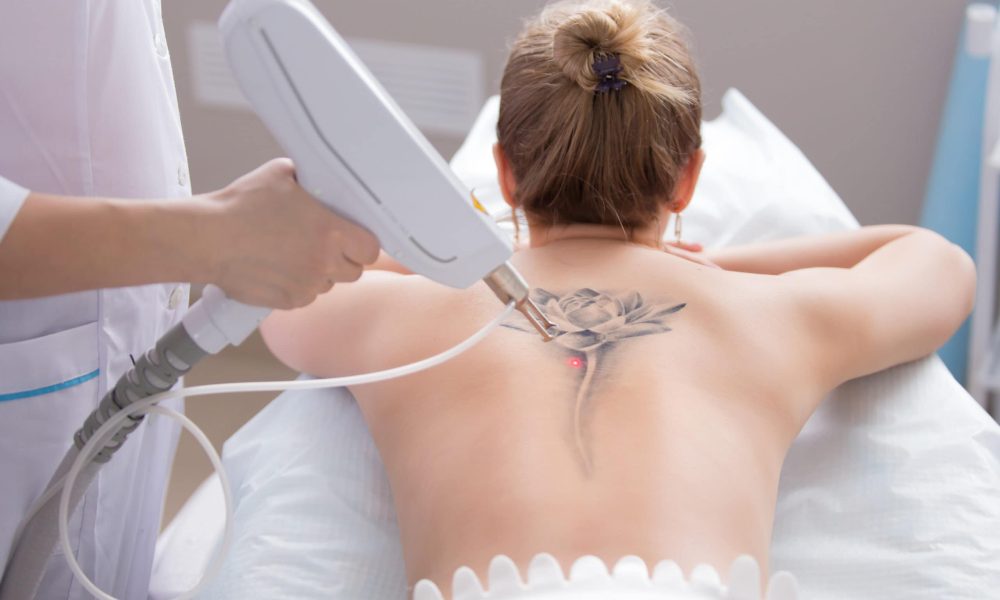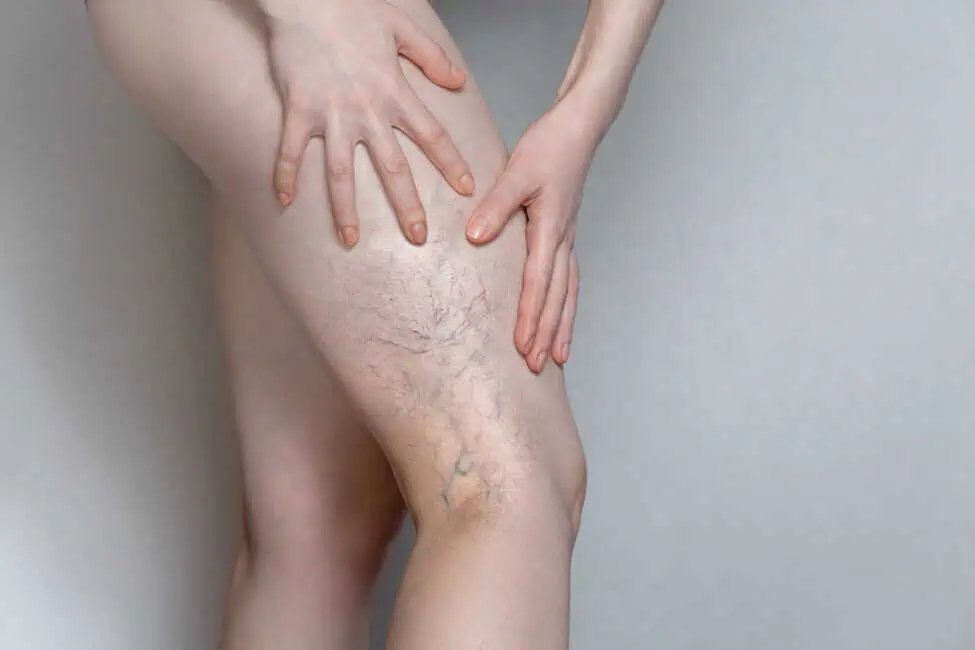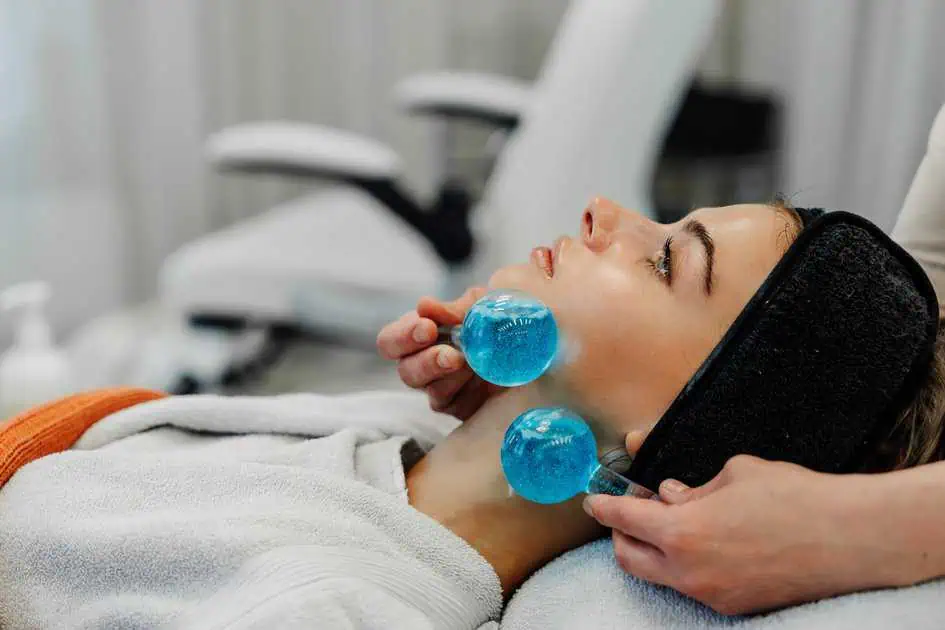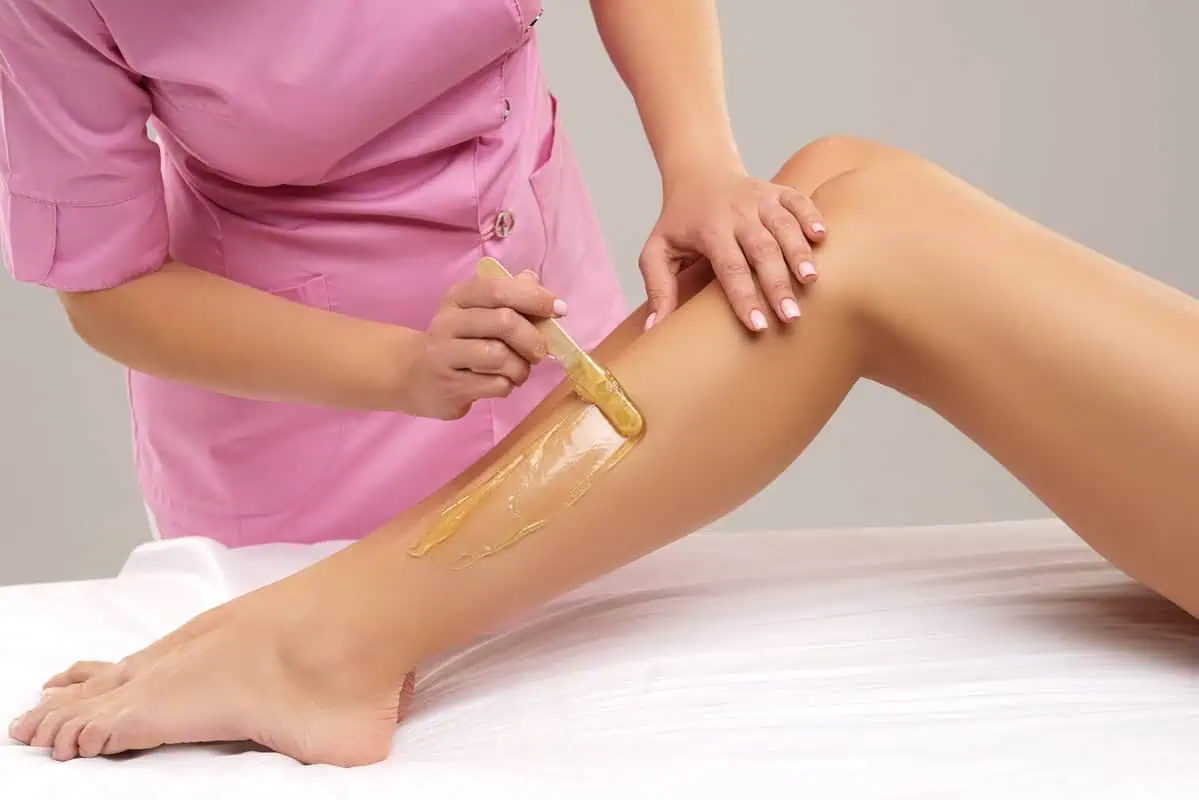Table of Contents
The art of tattooing dates back to ancient times. The origin of this word can be traced back to the Tahitian term tattoo, which means “to mark.” It is estimated that more than 25 percent of the population in the United States has at least one tattoo, and among millennials, over half have at least one tattoo.
As reported by the American Society for Dermatological Surgery, the number of individuals looking to remove their tattoos has also been rising in recent years, even though getting tattoos have been popular. Getting rid of a tattoo can be done for various reasons, including a new career or lifestyle, or just because the individual no longer likes the tattoo.
But here’s the catch: because the grains of permanent ink used in professional tattoos were inserted underneath the skin’s surface when the procedure was done, removing a tattoo is a significantly more difficult process than applying one. Laser therapy is often administered throughout several sessions before yielding the desired results.
How does the laser procedure for removing tattoos work?
Laser beams utilize focused bursts of energy to heat the ink underneath the skin, which splits the ink into tiny particles. This is accomplished by heating the ink. It may be necessary to utilize many lasers, each operating at a distinct frequency, to remove tattoos of various colors. After that, the body’s immune system will be able to dispose of these smaller ink particles naturally.
Will my tattoo be removed if I have it treated with a laser?
It is possible that your tattoo will not be entirely removed, which is a fairly regular occurrence. Certain hues of tattoo dye are resistant to laser removal, and some pigments are too deep to reach by the lasers that are now on the market. It’s possible that certain colors can be removed more easily than others. Because blue and black ink absorbs light more effectively than other colors, laser therapy works particularly well for removing blue and black tattoos. The reaction of the other colors is still being researched.
Laser tattoo removal’s dangers
Total tattoo removal can be challenging, especially for persons with a dark complexion or who want to erase a tattoo containing color. After laser treatment, some patients may also discover that their skin has altered color or texture.
It takes several laser treatments to completely get rid of a tattoo for most people who get their tattoos removed. This results in a greater sensitivity to laser light, resulting in an increased risk of problems associated with the procedure. In addition, the total cost of the treatment sequence could be rather high.
The process may also be unpleasant, and the individual may feel pain in the area being treated. A local anesthetic may be injected into the affected area before the procedure to lessen the severity of this side effect.
In addition, the light from the laser might cause damage to one’s eyes and make it difficult to see clearly. Due to this fact, persons should be encouraged to equip themselves with protective eyewear such as goggles.
Infection of the skin is a rare but possible side effect of having a tattoo removed with a laser, and this risk is increased if any component of the treatment is skipped. Patients should protect the region of their skin that has been cleaned, as doing so will lower the likelihood that bacteria will be able to enter the skin and cause an infection. For this reason, it is necessary to provide adequate aftercare post-therapy.
Risk mitigation
Aftercare must be performed after a tattoo is removed with a laser to reduce the likelihood of issues. It is recommended that in the days immediately following the treatment, the patient keep their skin clean by bathing it regularly. The application of a petrolatum ointment might also be of assistance in the process of skin healing. Following each treatment, the affected area should have a sterile bandage applied and kept in place for roughly one week.
What Tattoo Removal Methods Don’t Put Your Health at Risk?
Laser tattoo removal is the only safe and effective method and is the only available option. When carried out by an expert specialist, tattoo removal will not leave any apparent damage on your skin if done properly.
Some tattoo removal methods currently available on the market can pose significant dangers to your skin and health. Home therapies, such as laser removal performed at home, are rarely safe and ineffective. Some people may partially fade a tattoo, but they won’t be able to remove it altogether. On the other hand, they are capable of causing significant skin damage. Let’s look at a few techniques for getting rid of tattoos, so we can evaluate the hazards associated with each one.
Techniques for removing tattoos such as the following have the potential to cause long-term damage to the skin and often produce subpar results:
Tattoo Removal Cream
You might be curious whether or not using tattoo removal cream can enable you to remove your tattoo in the comfort of your home. On the other hand, there is not a tattoo removal lotion on the market that the FDA has approved, and the phrase “cream” itself is misleading. This treatment includes getting a chemical peel done, even though the word “cream” conjures up visions of a soothing and gentle ointment.
Chemical Peels
Chemical peels involve the application of an acidic solution to the affected area of the skin to exfoliate it and remove the tattoo. Chemical solutions employed in these treatments often cannot penetrate the deep layer of skin wherein tattoo ink has been placed; even when they can do so, the invasive procedure utilized to do so carries a high risk of causing damage that will endure for an extended period.
Dermabrasion
Dermabrasion is a relatively intrusive treatment that includes exfoliating the surface of the skin to scrape away the tattoo ink embedded within it. When used for cosmetic reasons, dermabrasion can effectively clean the looks of the top layer of skin; however, sanding down to the dermis that contains the tattoo ink carries a high risk of causing harm, such as scarring.
Tattoo Excision
Excision of a tattoo is a drastic procedure that entails surgically cutting away the area of skin that contains the tattoo. It goes without saying that it causes quite a bit of pain, is impossible for any tattoo other than the smallest ones, puts the skin at risk for infection, and leaves behind an ugly scar. Because they expose your body to the possibility of infection, invasive treatments can significantly harm your general health.
Get in touch with TRUTH Med Spa as soon as possible to set up a consultation if you are thinking about getting more information about tattoo removal services. No longer is it necessary to put up with the appearance of an unattractive tattoo in everyday life.







